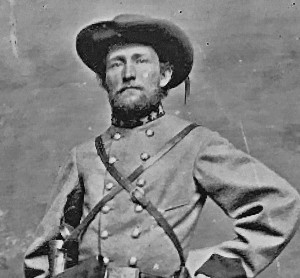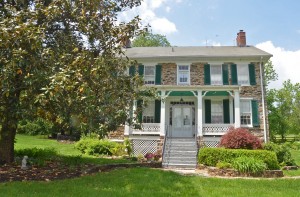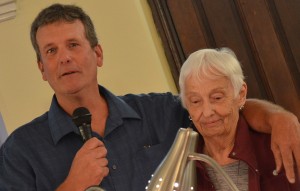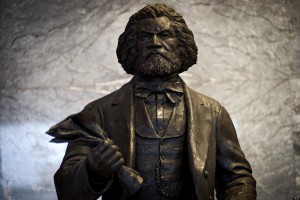
“The Gray Ghost”
Most of us are familiar with “the Gray Ghost,” John Singleton Mosby, a Confederate Army Cavalry Battalion commander in the Civil War, a guerilla fighter leading irregulars in Northwest Virginia, and throughout Loudoun County, known for raids on the Union forces and getting away afterwards, thus the appellation, “ghost.”
I’ve always found Mosby fascinating, but more for what he did after the Civil War, transformed, serving as a lawyer and public servant, and mending a nation divided. We might learn from his character by mimicking today how Mosby acted then.
When the Civil War began, Mosby spoke out against secession, but joined the Confederate army as a private; it was his civic duty, he said, to fight for his “country.” Mosby found a way to reconcile these difficult choices.
Herman Melville wrote a poem, warning – “Of Mosby best beware” for “mounted and armed he sits as a king” and “each alley [is] unto Mosby known” as his battalion “kill[s] and vanish[es] … through grass they glide” and “[t]o Mosby-land the dirges cling.”
Union General Ulysses S. Grant described Mosby as “slender, not tall, wiry and [he] looks as if he could endure any amount of physical exercise. He is able, and thoroughly honest and truthful.”
Mosby said after the war that “whoever has seen the horrors of a battlefield feels that it is far sweeter to live …” Mosby was not the first soldier to understand that working for peace and comity is much to be preferred but to make this adjustment so quickly after a civil war is quite remarkable.
Mosby knew that “we went to war on account of the thing we quarreled with the North about.” He said, “I’ve never heard any other cause than slavery.”
After the war, he practiced law and lived in Warrenton, Virginia. Many have appeared in the same courthouse where Mosby argued causes. Mosby was, however, harassed after the war, some tried to kill him, but what was surprising was that General Grant granted Mosby an exemption from arrest and guaranteed his safe conduct and Mosby wrote that otherwise he “should have been outlawed and driven into exile.” Continue reading →




